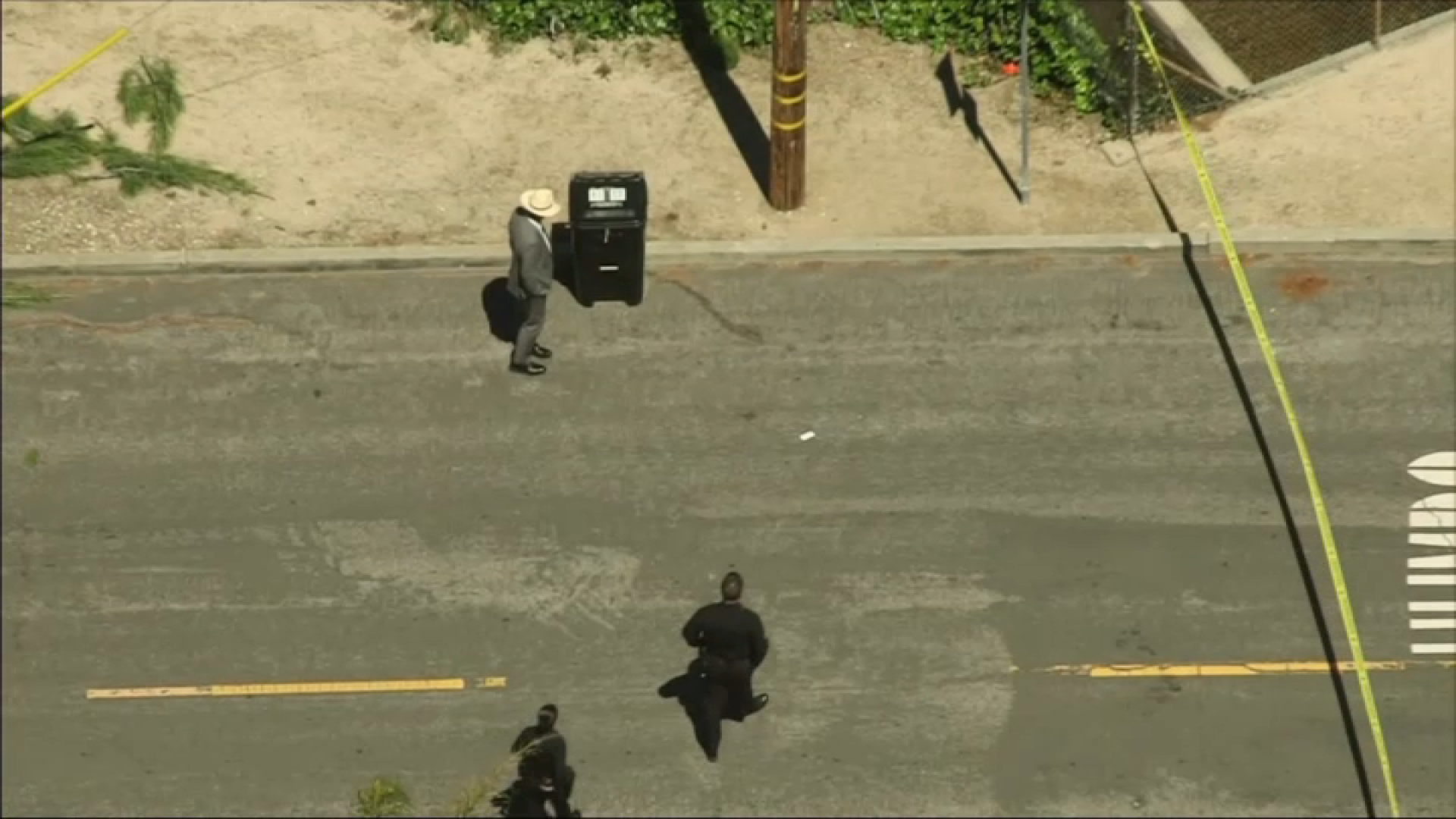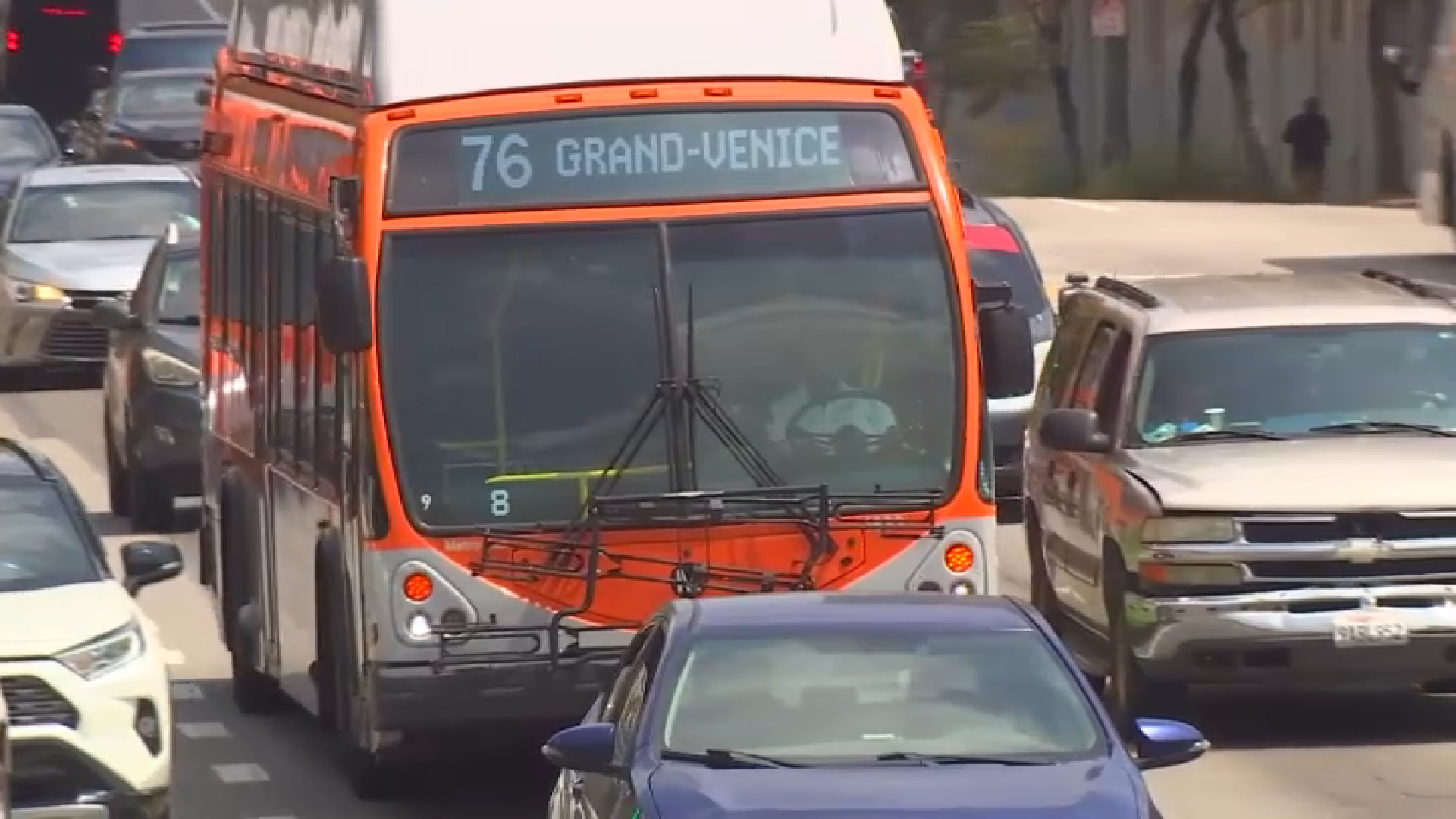The head of Los Angeles' Department of Cannabis Regulation said Monday her department will not move on to the next phase of a program that provides specialized cannabis retail licenses until a third-party audit of its latest phase is completed.
Cat Packer, the department's executive director, said Mayor Eric Garcetti last week called for an independent review of the Social Equity Program application process for the Phase 3 Retail Round 1 and stated that the final licensing process will not continue until the completion of the audit.
Packer said the department will continue to process Phase 3 Retail Round 1 applications per city law until 100 applicants are determined to be eligible for further processing. However, the department will not continue to the next phase of licensing until the audit process is complete.
The Social Equity Program is open to people who are considered low-income and/or have a low-level criminal history related to cannabis and operate in a "dispensary-impacted area," most of which are located in South Los Angeles and Hollywood.
"The department is extremely empathetic to the concerns of the community and is working actively with city leaders and community stakeholders to seek, consider and recommend any legislative changes and policy amendments that may be necessary to ensure the fidelity of the nation's largest cannabis licensing regime," Packer said in a prepared statement late Monday afternoon.
Dozens of program applicants who attended a meeting of the Los Angeles Cannabis Regulation Commission last month complained about the process.
Some suggested that their applications were not fairly processed, while others said the website wouldn't work with their internet speeds. Some said they believed certain people were given priority in the system.
News
Top news of the day
DCR reported that in total, during the third phase of the 14-day application period that started Sept. 3, it received 802 applications for about 100 available licenses from verified applicants, and each of them had already made investments associated with the licensing process.
"DCR recognizes the imperfect nature of this process, but we are confident that the integrity and fairness of the process has not been compromised," Packer said.
"Nevertheless, the imperfect nature of policy implementation has fueled mass speculation and contention. As such, DCR is actively engaged in conversations with stakeholders, City Council and the Mayor's Office about how to move forward in an appropriate and equitable manner."
Packer said the department is moving forward with improvements, such as the hiring of a Social Equity Program director, the upcoming release of an expanded social equity analysis and it is developing ways to make monetary assistance available for applicants.
"I take this responsibility very seriously, not simply because it's my job to do so, but because I recognize and believe that equity should be the center of all policy development -- especially cannabis policy, due to the historic and current inequities and disparities that exist in communities most impacted by cannabis laws and their enforcement," Packer said.
Amid questions about the fairness of the process and potential problems with the online application system, City Council President Herb Wesson announced in October said he asked the DCR to suspend processing retail licenses.
A recent report from City Controller Ron Galperin earlier this month noted that the city collected more than $70 million in cannabis business and sales taxes last fiscal year.
The California Bureau of Cannabis Control recently announced it will spend $10 million to help social equity programs in cities, including Los Angeles and Oakland.



